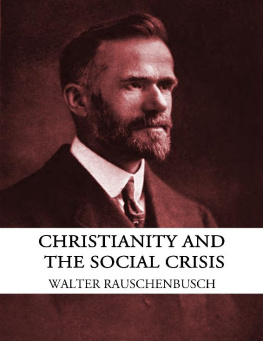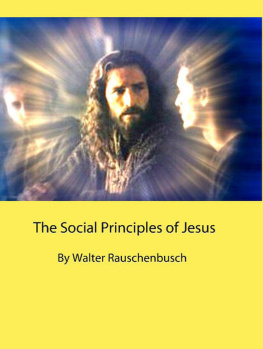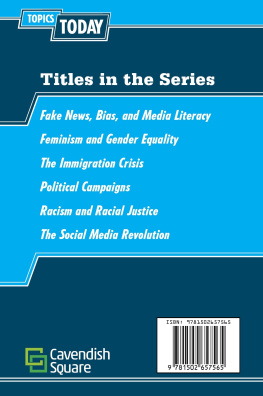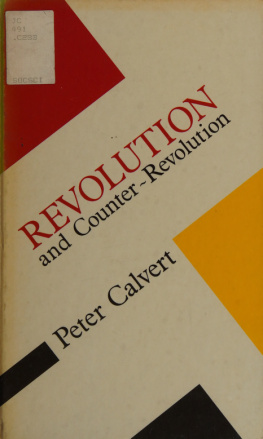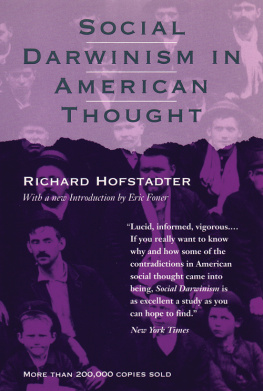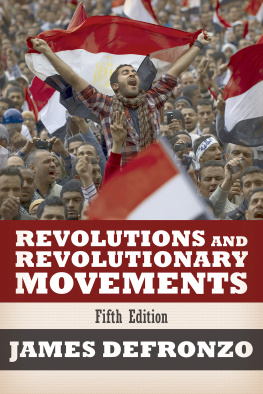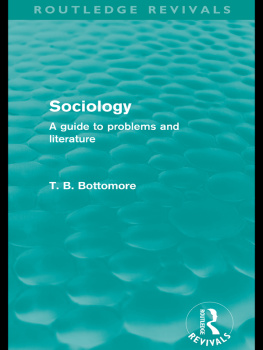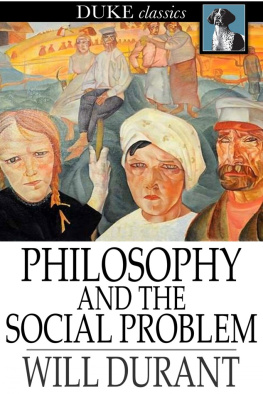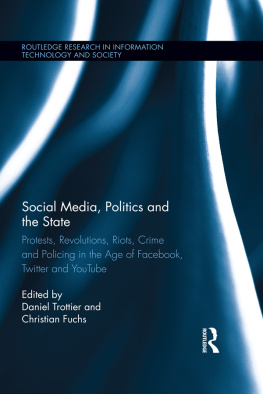CHRISTIANITY AND THE SOCIAL CRISIS
BY
WALTER RAUSCHENBUSCH
PROFESSOR OF CHURCH HISTORY IN ROCHESTER THEOLOGICAL SEMINARY

New York
THE MACMILLAN COMPANY
LONDON: MACMILLAN & CO., L td.
1920
All rights reserved
C opyright , 1907,
B y THE MACMILLAN COMPANY
To
THE WOMEN WHO HAVE LOVED ME
MY MOTHER
MY SISTERS FRIDA AND EMMA
MY DEAR WIFE PAULINE
AND
MY LITTLE DAUGHTERS WINIFRED AND ELIZABETH
THIS BOOK
IS LOVINGLY INSCRIBED
THY KINGDOM COME!
THY WILL BE DONE ON EARTH!

Hope. Inspiration. Trust.
Were Social! Follow Us for New Titles and Deals:
FaceBook.com/CrossReachPublications
@CrossReachPub
Available in Paperback and eBook Editions
Please go online for more great titles
Available through CrossReach publications.
And if you enjoyed this book please consider leaving
a review online . that helps us out a lot. thanks.
2017 CrossReach Publications
All Rights Reserved, Including The Right To Reproduce
This Book Or Portions Thereof In Any Form Whatever.
CONTENTS
DETAILED TABLE OF CONTENTS
INTRODUCTION
CHAPTER I
T he H istorical R oots of C hristianity: T he H ebrew P rophets
Historical importance of the prophets. Their religion ethical and therefore social. Their morality public and not private. Their sympathy with the oppressed. The effect of their social interest on their religious development. Later religious individualism a triumph of faith, but not pure gain. The prophetic hope of social perfection. The pessimism of the prophets. Summary
CHAPTER II
T he S ocial A ims of J esus
The new social interpretation of the gospel. Jesus not a social reformer, but a religious initiator. Significance of his relations to John the Baptist. The kingdom of God his aim, its previous meaning, his changes in the ideal, the persistence of its social essence. The ethics of the new society. Christs indifference to ritual and his insistence on social morality. His teachings on wealth. His social affinities. His revolutionary consciousness
CHAPTER III
T he S ocial I mpetus of P rimitive C hristianity
The probability of a gap between Jesus and his followers. The limitations of our information. The hope of the coming of the Lord. The revolutionary character of the millennial hope. The political consciousness of Christians. The society-making force of primitive Christianity. The so-called communism at Jerusalem. The primitive churches as fraternal communities. The leaven of Christian democracy. The outcome of the discussion
CHAPTER IV
W hy has C hristianity never U ndertaken the W ork of S ocial R econstruction ?
The problem stated. Impossibility of any social propaganda in the first centuries. Postponement to the Lords coming. Hostility to the Empire and its civilization. The limitations of primitive Christianity and their perpetuation. The other-worldliness of Christianity. The ascetic tendency. Monasticism. Sacramentalism. The dogmatic interest. The churchliness of Christianity. Subservience to the State. The disappearance of church democracy. The lack of scientific comprehension of social development. Results of the discussion. The passing of these causes in modern life. Conclusion
CHAPTER V
T he P resent C risis
A prelude. The industrial revolution. The land and the people. Work and wages. The morale of the workers. The physical decline of the people. The wedge of inequality. The crumbling of political democracy. The tainting of the moral atmosphere. The undermining of the family. The fall or the rise of Christian civilization
CHAPTER VI
T he S take O f T he C hurch I n T he S ocial M ovement
The purpose of this chapter. The Church and its real estate. The Church and its income. The volunteer workers of the Church. The supply and spirit of the ministry. The Church and poverty. The Church and its human material. The hostile ethics of commercialism. Christian civilization and foreign missions. The Church and the working class. The forward call to the Church
CHAPTER VII
W hat to D o
No thoroughfare. Social repentance and faith. Social evangelization. The pulpit and the social question. The Christian conception of life and property. The creation of customs and institutions. Stewardship and ownership. Solidarity and communism. The upward movement of the working class. Summary of the argument. The new apostolate
INTRODUCTION
W estern civilization is passing through a social revolution unparalleled in history for scope and power. Its coming was inevitable. The religious, political, and intellectual revolutions of the past five centuries, which together created the modern world, necessarily had to culminate in an economic and social revolution such as is now upon us.
By universal consent, this social crisis is the overshadowing problem of our generation. The industrial and commercial life of the advanced nations are in the throes of it. In politics all issues and methods are undergoing upheaval and re-alignment as the social movement advances. In the world of thought all the young and serious minds are absorbed in the solution of the social problems. Even literature and art point like compass-needles to this magnetic pole of all our thought.
The social revolution has been slow in reaching our country. We have been exempt, not because we had solved the problems, but because we had not yet confronted them. We have now arrived, and all the characteristic conditions of American life will henceforth combine to make the social struggle here more intense than anywhere else. The vastness and the free sweep of our concentrated wealth on the one side, the independence, intelligence, moral vigor, and political power of the common people on the other side, promise a long-drawn grapple of contesting forces which may well make the heart of every American patriot sink within him.
It is realized by friend and foe that religion can play, and must play, a momentous part in this irrepressible conflict.
The Church, the organized expression of the religious life of the past, is one of the most potent institutions and forces in Western civilization. Its favor and moral influence are wooed by all parties. It cannot help throwing its immense weight on one side or the other. If it tries not to act, it thereby acts; and in any case its choice will be decisive for its own future.
Apart from the organized Church, the religious spirit is a factor of incalculable power in the making of history. In the idealistic spirits that lead and in the masses that follow, the religious spirit always intensifies thought, enlarges hope, unfetters daring, evokes the willingness to sacrifice, and gives coherence in the fight. Under the warm breath of religious faith, all social institutions become plastic. The religious spirit removes mountains and tramples on impossibilities. Unless the economic and intellectual factors are strongly reenforced by religious enthusiasm, the whole social movement may prove abortive, and the New Era may die before it comes to birth.
It follows that the relation between Christianity and the social crisis is one of the most pressing questions for all intelligent men who realize the power of religion, and most of all for the religious leaders of the people who give direction to the forces of religion.
The question has, in fact, been discussed frequently and earnestly, but it is plain to any thoughtful observer that the common mind of the Christian Church in America has not begun to arrive at any solid convictions or any permanent basis of action. The conscience of Christendom is halting and groping, perplexed by contradicting voices, still poorly informed on essential questions, justly reluctant to part with the treasured maxims of the past, and yet conscious of the imperious call of the future.
Next page
